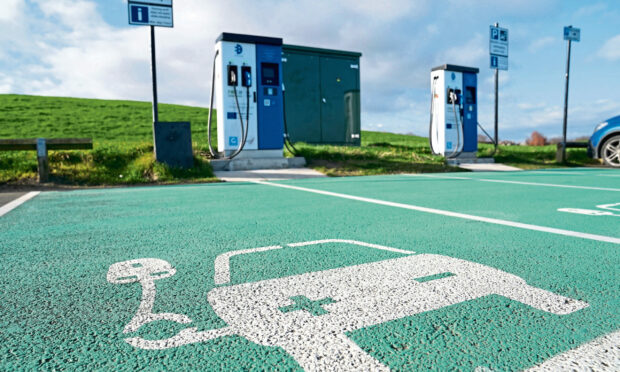While undoubtedly well-intentioned, I have reservations about Boris Johnson’s green crusade, specifically the decision to ban sales of new petrol and diesel cars and vans by 2030 (a policy not included in the Tory manifesto at the last election).
Assuming our outdated electricity network will be able to supply enough energy to power hundreds of thousands of new electric vehicles, the big question surrounds the expansion of the charging infrastructure.
Has the government allocated enough cash to vastly increase the number of chargers required and will these be ready in time?
Then there’s the loss of revenue. It’s estimated the Treasury could lose up to £40 billion through a drop in revenues from fuel duty, VAT on fuel and vehicle excise duty.
No government can afford to lose such a colossal sum, so the only workable alternative is some form of nationwide road pricing scheme (good luck selling that to Britain’s motorists, Boris).
Combined with a strategy which aggressively promotes public transport – aside from the HS2 white elephant, will the investment be available to improve this? – there is a possibility some motorists who currently struggle to run a car could be priced off the road.
Jonathan Mitchell.
Response no surprise
Our PM and the truth are strange bedfellows, so it was hardly a surprise to note No 10’s response to Boris Johnson saying that devolution has been “a disaster north of the border” and “Tony Blair’s worst mistake” did not quite ring true.
In a statement, No 10 said the PM has “always supported” devolution.
Curiously, however, in 2001 on free care for elderly, Mr Johnson, pictured, wrote: “Devolution is causing all the strains that its opponents predicted, and in allowing the Scots to make their own laws, while free-riding on English tax-payers, it is simply unjust.”
I will let the reader judge on whether this is therefore someone who has “always supported” devolution.
Alex Orr.
